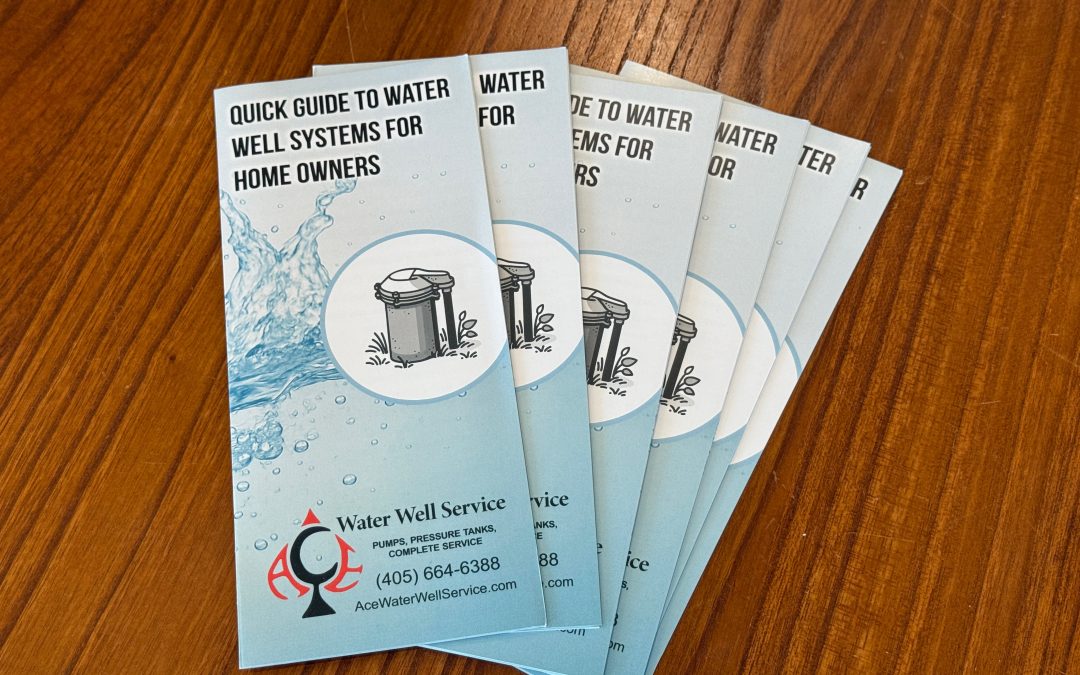To help new home owners understand the basics of their residential water well system, we have put together a pamphlet to educate new home owners. If you are a real estate agent and would like to request a set of pamphlets, we can get some sent out to you. Just give us a call and let us know what area you serve and we will put together some pamphlets to get over to you. These are a great resource to help home owners feel more comfortable and confident in purchasing a home with a water well system.
Having a water well system can be a real asset for a home, lowering the cost of water usage as well as providing a clean life sustaining water source for your family. As the owner of a natural resource like this, there are some responsibilities that come with it. The maintenance of the equipment as well as the safety of the water supply is the home owners responsibility. Things like annual water tests for bacteria and routine monitoring and maintenance of your equipment is something to consider when owning a water well. This quick guide is designed to help you have a basic understanding of the elements involved in most ground water systems.
Notes about your system:
The following notes are questions you should answer before taking ownership of a water well system. Keep these notes handy in case of an emergency. This along with an understanding of the equipment terminology will help you get the quickest response and support when calling a professional service to help you, should your water well need servicing.
How do I shut off the water supply to the house?
Where are the breakers and which breaker controls the pump?
If a leak in the home should occur, you will find this information helpful to shut off your water supply and the power to the pump to prevent damage to the system and property from a water leak. Shut off the water at the first sign of a leak and shut off the power to the well at the first sign of a malfunction to avoid causing more damage to your system.
Basic System Elements & Terminology
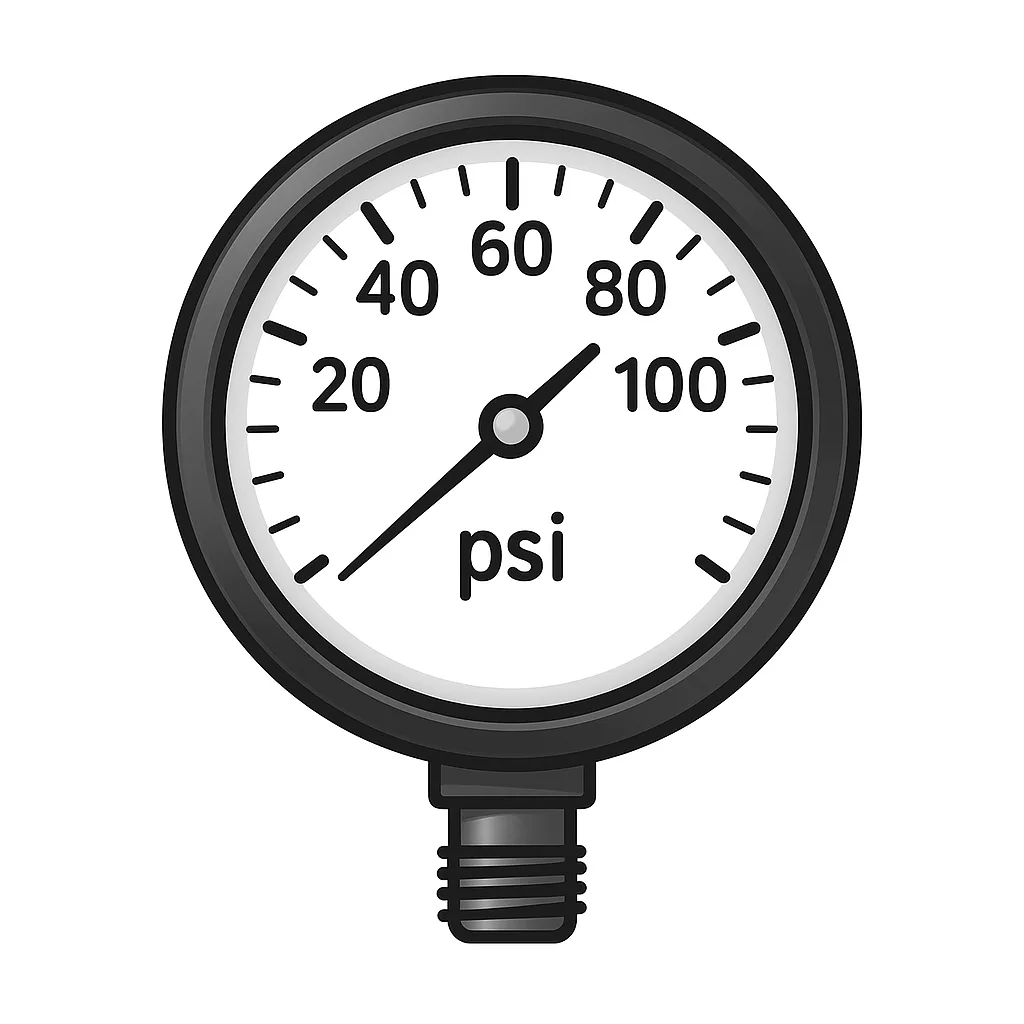
Pressure Gauge
Helpful to identify water usage, water pressure, and potential leaks. An accurate gauge is important for diagnostics and knowing that your well is running correctly.
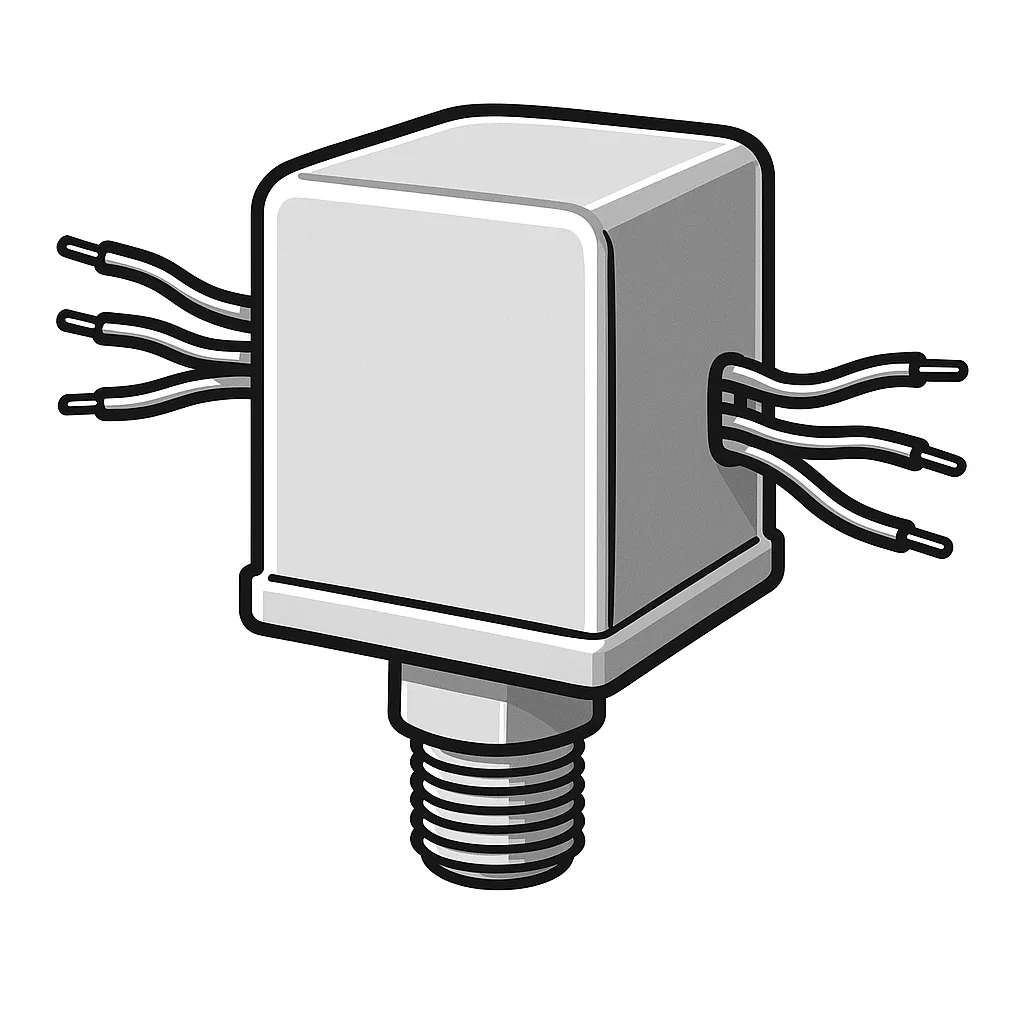
Pressure Switch
The pressure switch determines when the pump is powered on and off. Switches can vary in pressure ranges and design but function relatively the same, turning on the pump at a low pressure point and turning the pump off at a high pressure point.
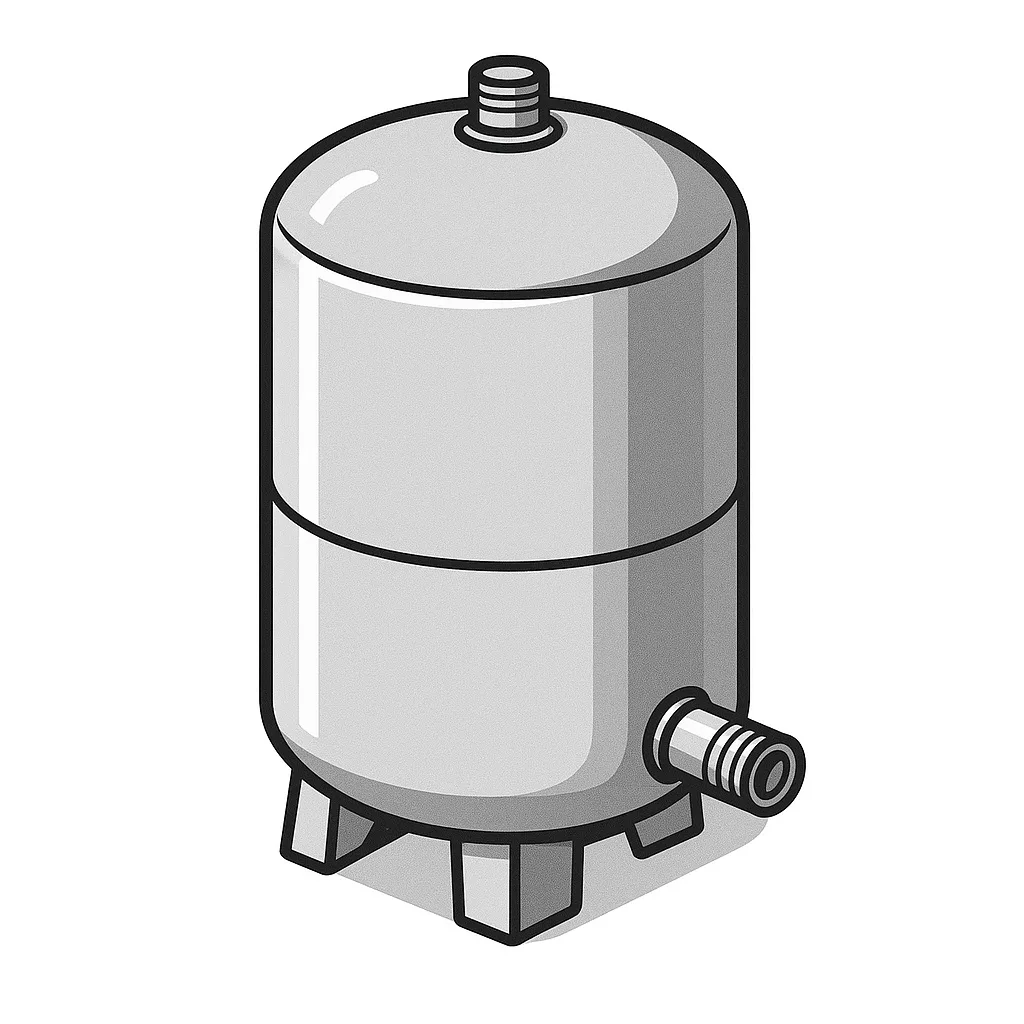
Pressure Tanks
Your pressure tank uses air to store potential energy in the form of pressure. When you first turn on your water, the air pressure is pushing the water through your lines until the pump is engaged to supply more pressure. A well maintained pressure tank is essential for a healthy functioning water system. The tank should be professionally checked annually for proper air pressure, leaks, and corrosion.
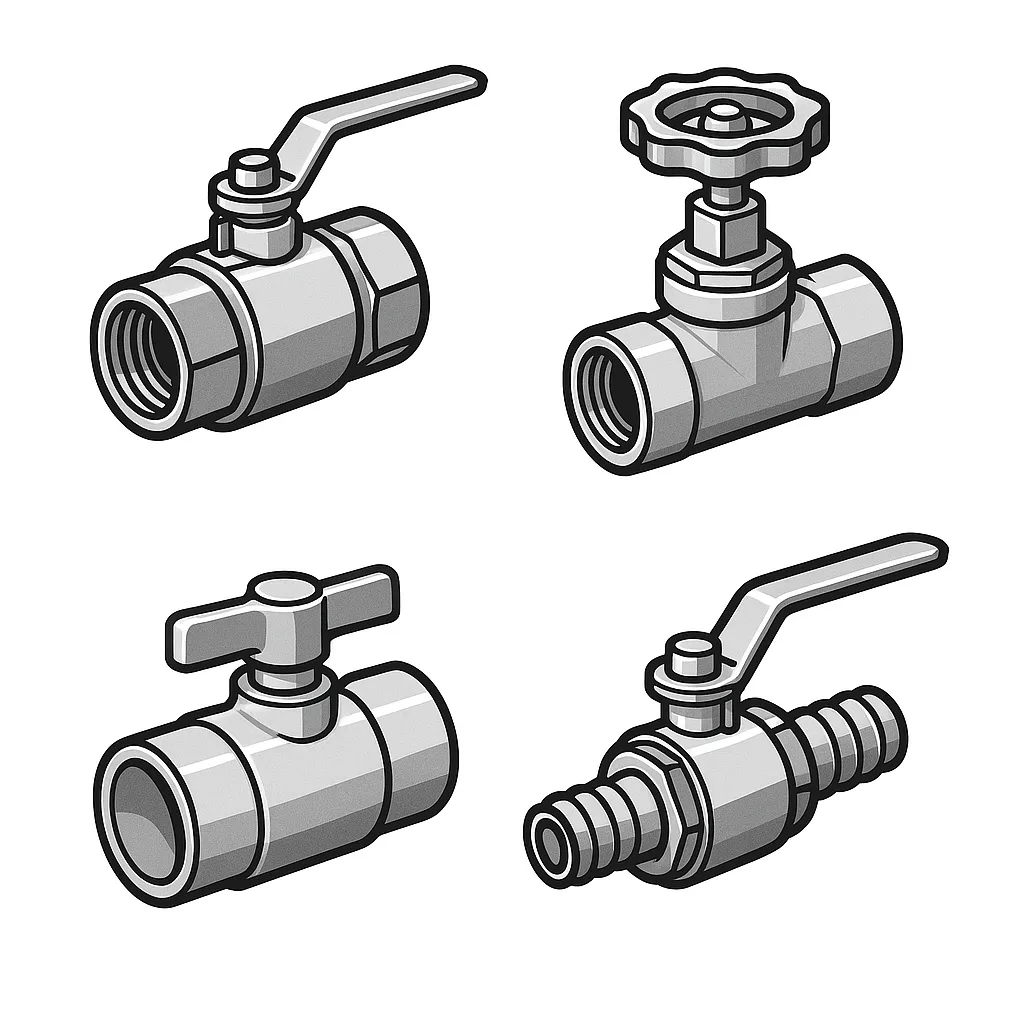
Valves
The plumbing around your water well or pressure tank can vary drastically from system to system. It is a good idea to have your system inspected and explained to you what each valve does and when to use them. Valves are helpful for diagnostics and quickly shutting off water supply to parts of your water system. Valves should only be installed by Water Well Professional because a valve in the wrong location can cause a world of problems.
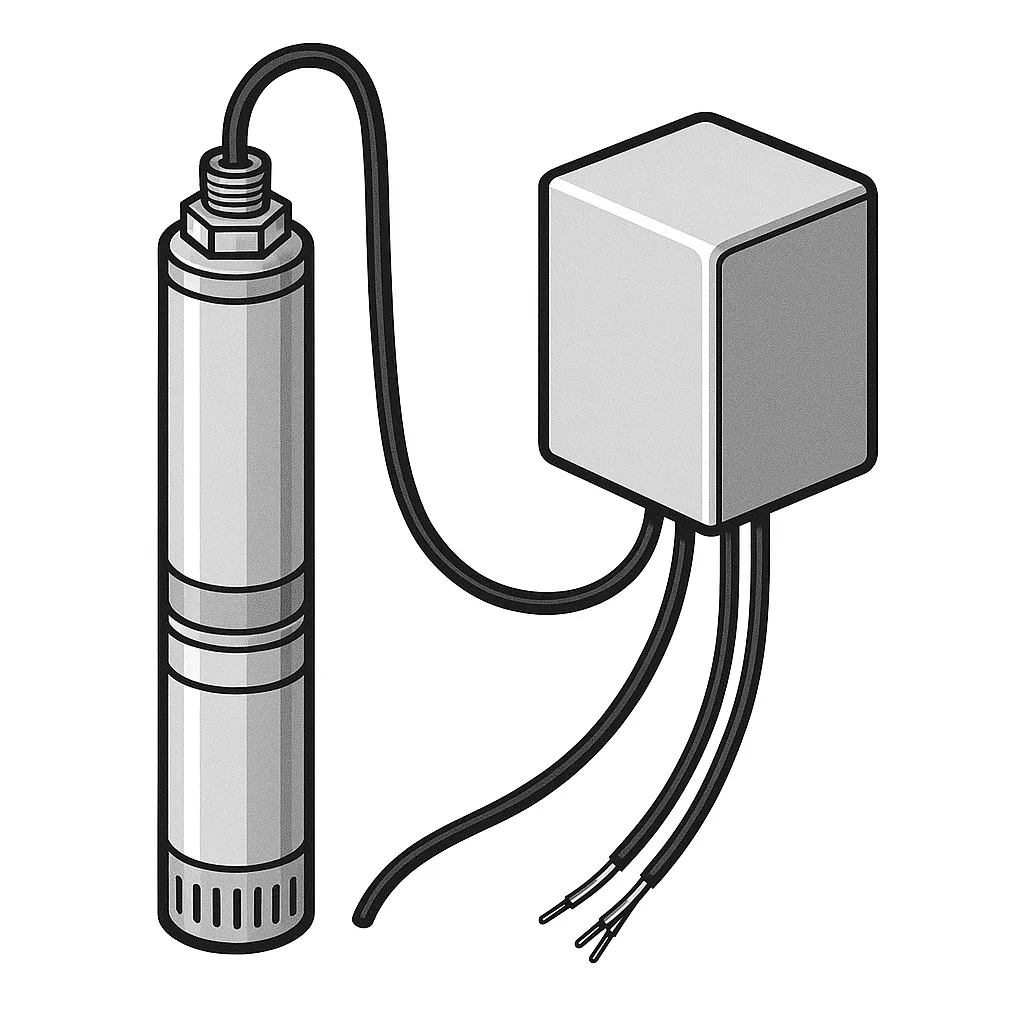
The Pump & Electrical Support Boxes
The pump on most modern water well systems is a submersible pump deep under the ground in your well. It will sometimes be supported by a control box, SubDrive box, fuse box, quick disconnect, or breaker box type electrical system. Pumps can be monitored by professionals using these electrical signals to identify the health and functionality of the pump as well as locate electrical problems that can prevent the pump from operating effectively.
Contact Ace Water Well Service for inspections, annual maintenance, water testing, and for any of the following conditions in your water system.
■ Air In Lines
■ Dirty Water
■ Surging
■ Low Pressure
■ No Water

